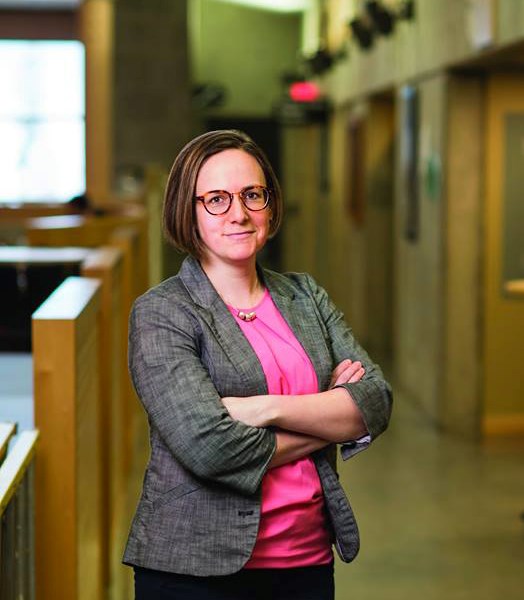There are no easy answers as to why First Nations people in B.C. have worse outcomes and face a shorter life expectancy than non-indigenous people, according to Sheona Mitchell-Foster, an obstetrician and gynecologist who works in Prince George.
As examined in a recently published series of articles in the UK medical journal The Lancet, Indigenous people in Canada face higher rates of chronic disease, lower life expectancy and higher rates of infant mortality than non-Indigenous Canadians. Another recent study conducted by the B.C. Cancer Agency and the First Nations Health Authority found that B.C. First Nations women have an alarming 92 per cent higher incidence rate of cervical cancer than non-First Nations women. First Nations men have a 39 per cent higher incidence of colorectal cancer. First Nations people overall also have a much lower cancer survival rate than non-First Nations people.
Geography plays a role, with many small communities in B.C.'s north particularly beset by shortages of trained healthcare staff and limited access to large medical centres. But the root of the problem, according to Mitchell-Foster, traces back to Canada's historical legacy, from residential schools to the less-discussed policy of forced sterilization in B.C. between 1933-1979.
"The other aspect - specifically when we're talking about maternity care and reproductive care - is we really have to remember that we actually function within a colonial system," Mitchell-Foster said in an interview with the Citizen.
"If your parents, your grandparents experienced the sixties scoop or the residential school system, you may not feel that you can engage in care during pregnancy because there is generational trauma that has occurred with children being taken away from their families."
Mitchell-Foster said the legacy of these policies still presents a barrier for healthcare providers today, even for the relatively simple process of screening for cervical cancer.
"Cervical cancer is not something we don't know how to screen for. We know what causes it, we know how to prevent it," she said.
"Pelvic exams - it's a uniquely invasive exam. Not only is it uncomfortable if a woman has had a previous negative experience with the healthcare system, or they have a history of any kind of sexual assault or sexual trauma, that just adds layers of barriers to this screening test. Similarly, if you had an auntie who was sterilized against her will or without even telling her, it's quite unlikely that you're going to engage in this invasive pelvic exam without knowing specifically what it's for."
Mitchell-Foster has been working with partners in the First Nations Health Authority to offer patients a self-swab for testing HPV cervical cancer. She believes this has helped women avoid the invasive exams, while allowing First Nations women to take more control over their health.
Mitchell-Foster said the lack of culturally-safe screening options for many illnesses was partly the reason for the creation of the First Nations Health Authority in B.C. in 2016. The authority, which works closely with Northern Health, was identified in The Lancet article as a positive step in delivery of healthcare to First Nations populations in Canada.
Northern Health also deserves credit for its work in the area of First Nations health, added Mitchell-Foster. The health authority created a vice-president position on its executive leadership team in 2013. The position is currently filled by UNBC professor Margo Greenwood.


